Ukraine's president and senior military commanders have yet to come up with a plan to recruit thousands of troops to stop Russia's advance.
Despite warnings of a serious shortage of elite soldiers on the front lines for months, President Volodymyr Zelensky has yet to reach a political consensus on a recruitment policy that has deeply divided both the Ukrainian parliament and society.
The difficulty in replenishing troops to compensate for the Ukrainian army's losses on the battlefield is perhaps the biggest challenge facing President Zelensky since the conflict broke out in February 2022.
The lack of a clear mobilization strategy and disagreement over how many more troops Ukraine needs were among the factors that led Mr Zelensky to dismiss former commander-in-chief Valeri Zaluzhny.
However, the new Commander-in-Chief of Ukraine, General Oleksandr Syrsky, has so far failed to bring about any clear changes.
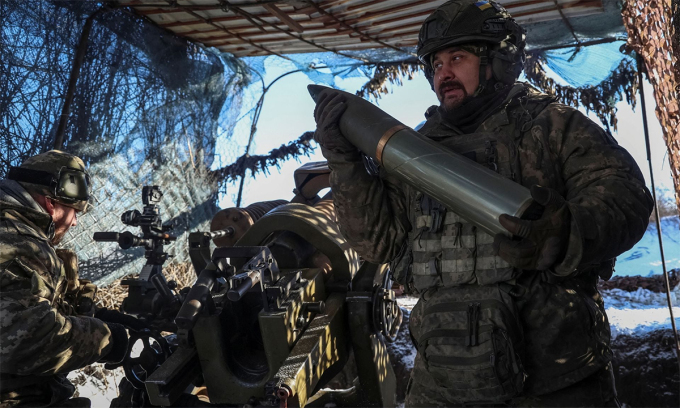
Ukrainian soldiers carry L119 artillery shells at a battlefield near the city of Marinka, Donetsk province on January 12. Photo: Reuters
General Syrsky was tasked with inspecting Ukrainian military units to find more combat-ready soldiers, after President Zelensky's office was informed that out of a million troops recently mobilized, only about 300,000 were on the front lines.
Nearly a month after General Syrsky took office, no one in the Ukrainian military command or President Zelensky's administration has explained where the remaining 700,000 people are and what they are doing.
Ukrainian lawmakers say the lack of consistent messaging from the president and the military has left them confused about what the next steps will be. "I don't understand why Zelensky and his staff are still trying to convince the public that everything is fine, when it is not, especially with the military," said Solomiia Bobrovska, a member of the opposition Holos party.
The declining combat readiness of the Ukrainian army is creating a strategic crisis, which is partly why it has been forced to withdraw from Avdeevka and some neighboring areas. Russian forces in these areas have overwhelming numbers of their opponents.
Oleksiy Bezhevets, the head of military recruitment at the Ukrainian defence ministry , said that citizens of military age “must accept that this is not the time to stay at home”. “Russian forces will advance further if no one stops them,” Bezhevets said. “We are short of ammunition and weapons, and now we are running out of manpower. This is a tragedy.”
After two years of war with Russia, the impact of the initial successes has faded and is no longer motivating Ukrainians to volunteer for battle. Many Ukrainian soldiers are wounded or exhausted from the fighting.
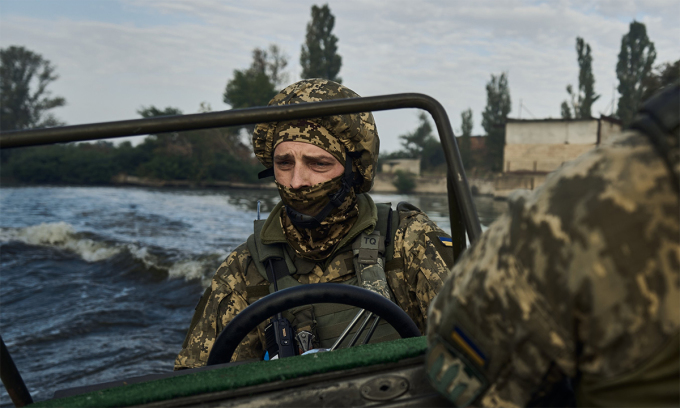
Ukrainian soldiers cross the Dnieper River in December 2023. Photo: OPU
Ukraine has banned men aged 18 to 60 from leaving the country and requires those aged 27 and older to enlist in the military, except in special circumstances. Those aged 18 to under 27 can volunteer. The Ukrainian parliament has been debating for months a bill to change the military recruitment process and lower the mandatory military age to 25.
Some Ukrainian lawmakers see the new draft law, with more than 4,000 amendments, as part of President Zelensky's effort to push the country's parliament into making decisions that are bound to be unpopular.
Mr. Zelensky has long tried to control the message about the fighting to maintain public morale. This month, he publicly put the number of Ukrainian soldiers killed in the conflict with Russia at 31,000 for the first time, a figure that many have been unable to independently verify or have expressed skepticism about its accuracy.
Another problem Mr Zelensky faces is growing pessimism at home and abroad about Ukraine’s ability to stop Russia’s onslaught without more aid from the US. A $61 billion aid bill for Ukraine has yet to pass the US House of Representatives.
"It's time for serious dialogue with the public, honest dialogue and explaining what we need to do without being brash," said Volodymyr Aryev, a Ukrainian lawmaker from the opposition European Solidarity party.
Bobrovska said she supported the amendments to ensure that soldiers who have been on long-term frontline duty are demobilized. "Right now, the only way they can return is if they are injured or killed," she said. "War is about mathematics, we have to calculate our resources."
Mr Aryev voted against a draft law on Ukraine’s military, which he said was too punitive. He opposed measures such as revoking driving licenses and seizing bank assets of citizens who refused to register for military service.
Ukrainians fearing the measure rushed to withdraw $700 million from their accounts in January, the highest monthly outflow since the war began.
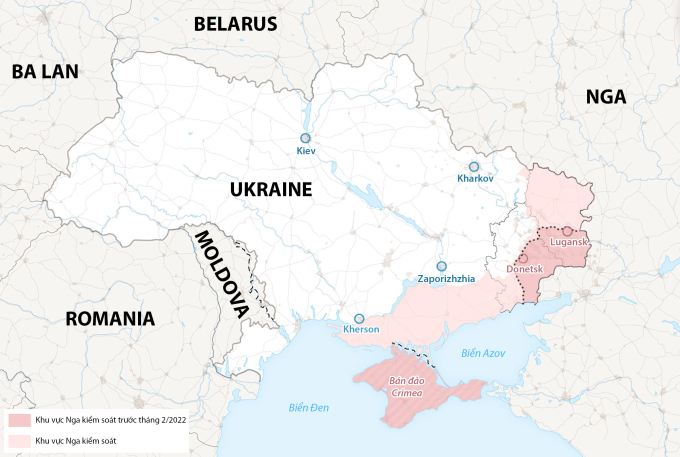
The situation of the war between Russia and Ukraine. Graphics: WP
According to MP Aryev, the top priority of Ukrainian authorities is to “ensure that recruits are not sent to the front line without proper training and equipment”. The fear of this has led many Ukrainian citizens who are eligible to join the army to find ways to avoid military service.
Yaroslav Yurchyshyn, a Ukrainian lawmaker from the Holos party, said lawmakers were looking into appropriate incentives to encourage people to join the army, including bonuses for destroying Russian combat vehicles and new financial benefits for veterans.
"This is a difficult discussion because we have already mobilized responsible people," admitted MP Yurchyshyn. "Now we have to mobilize the general population to join the army."
Nguyen Tien (According to AFP, Reuters, WSJ )
Source link



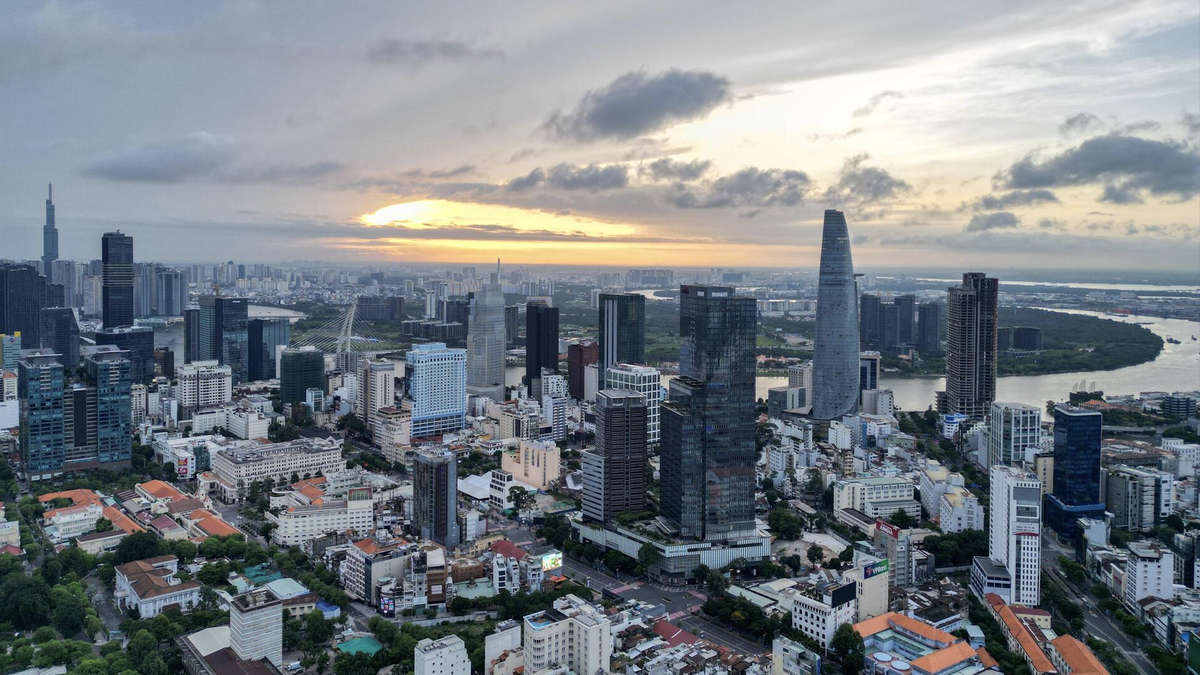
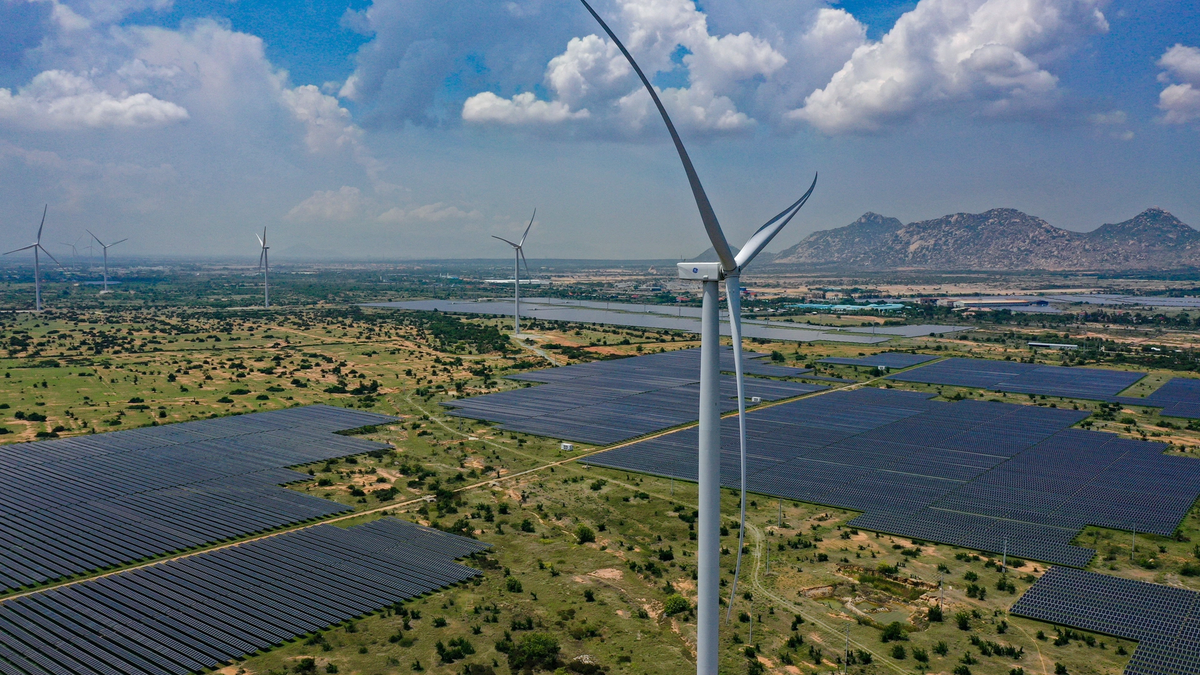
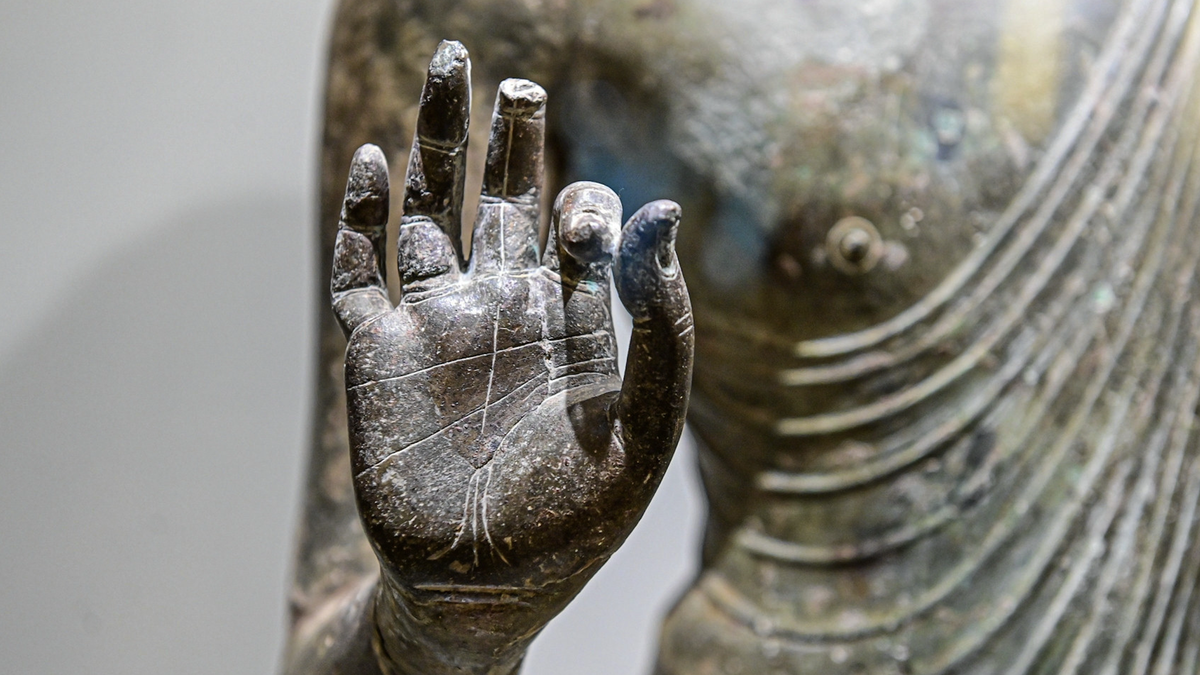


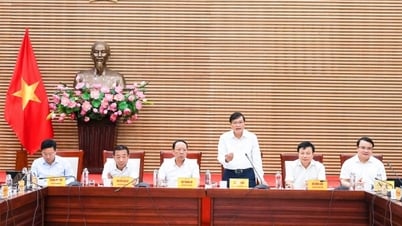



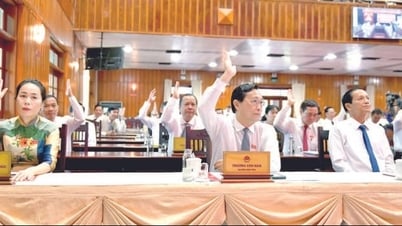













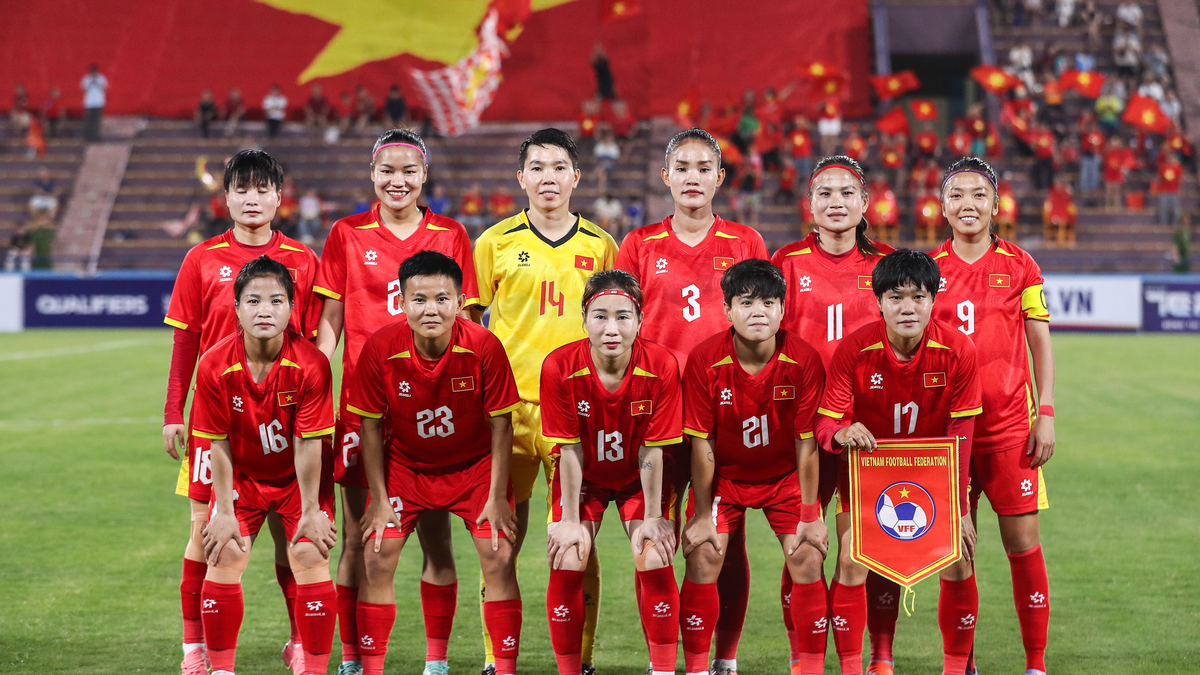




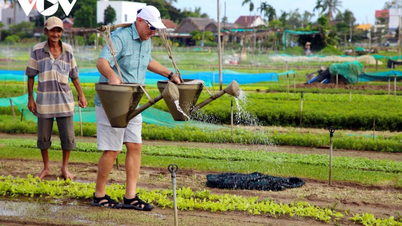









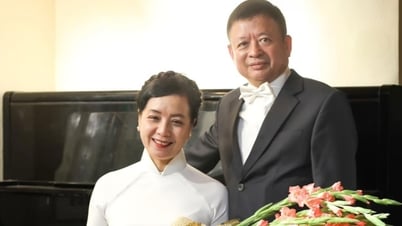



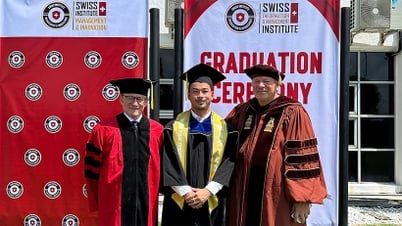





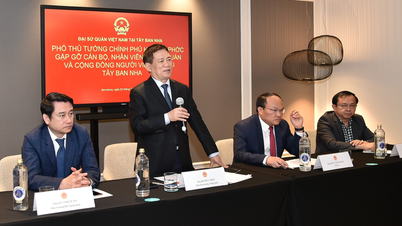





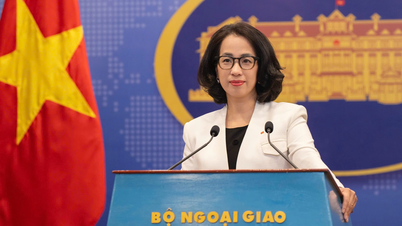
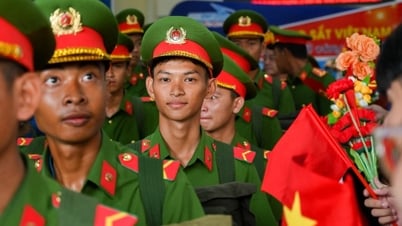
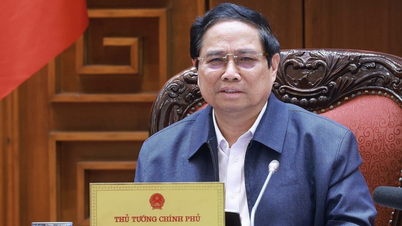








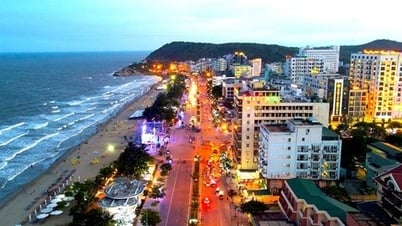

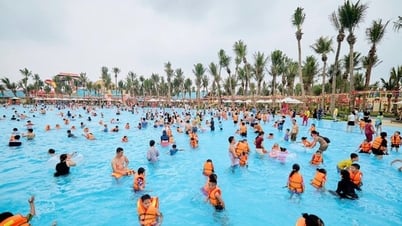
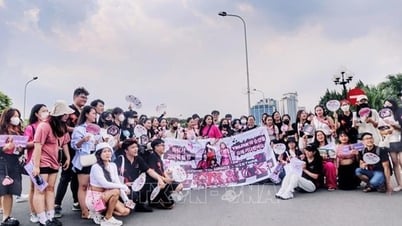
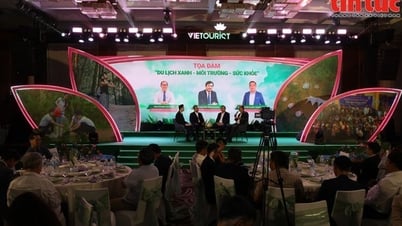




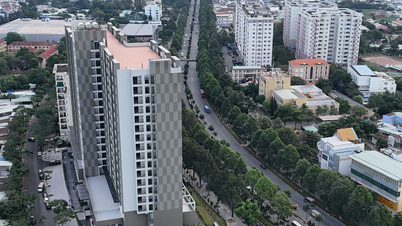
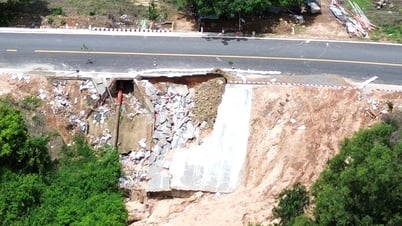

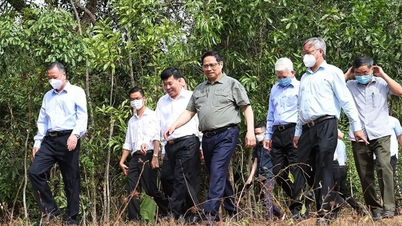

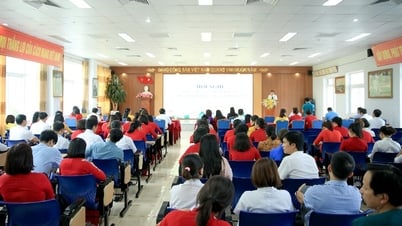





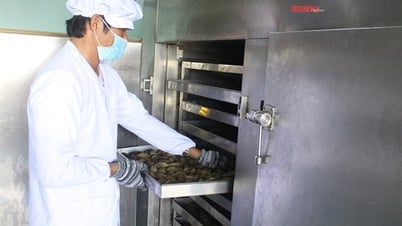







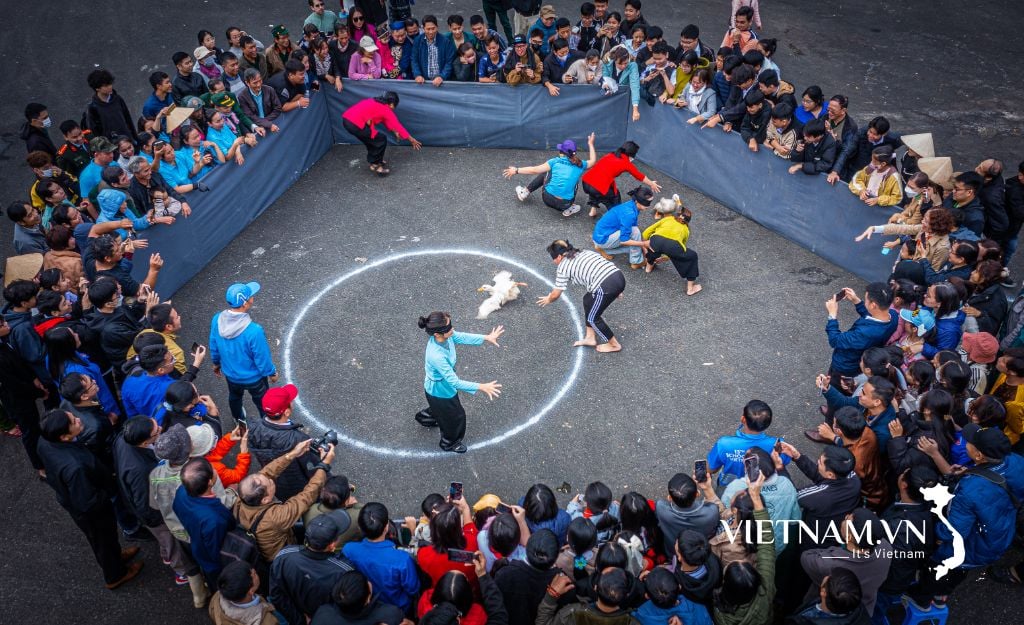
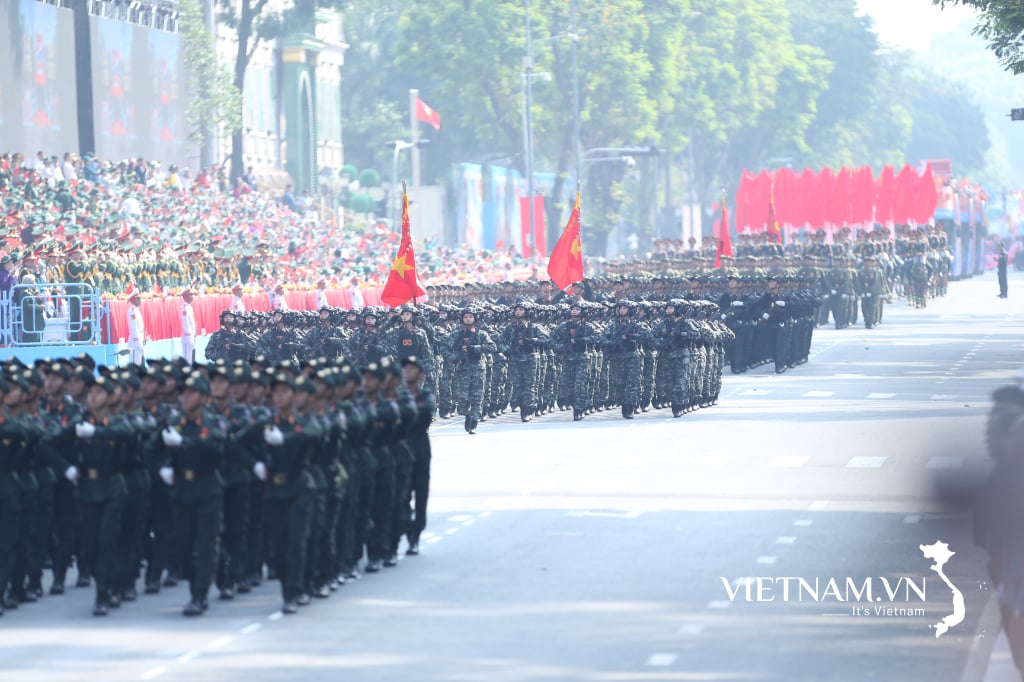
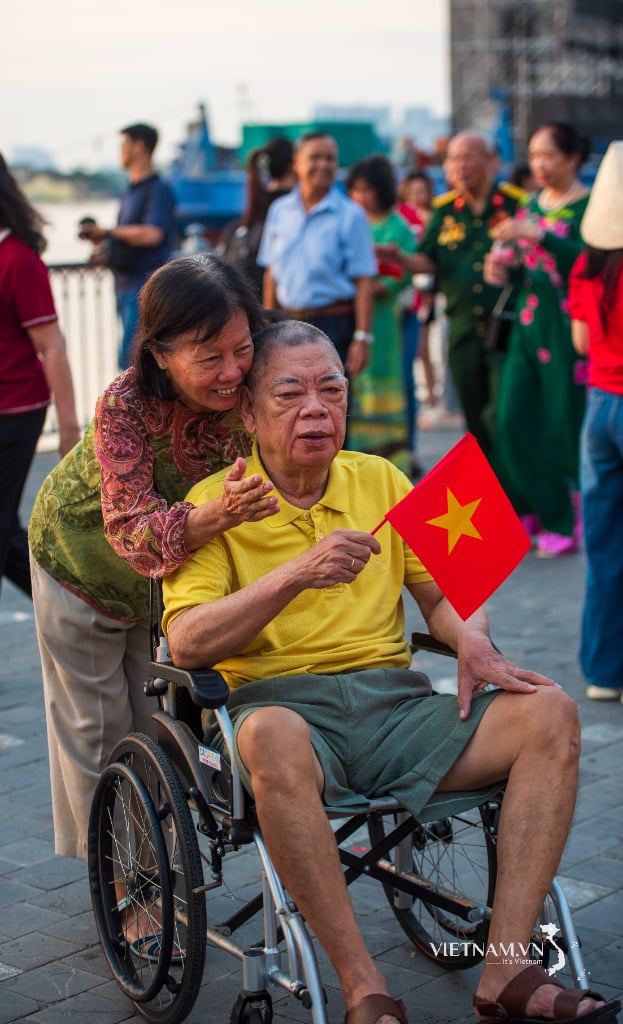
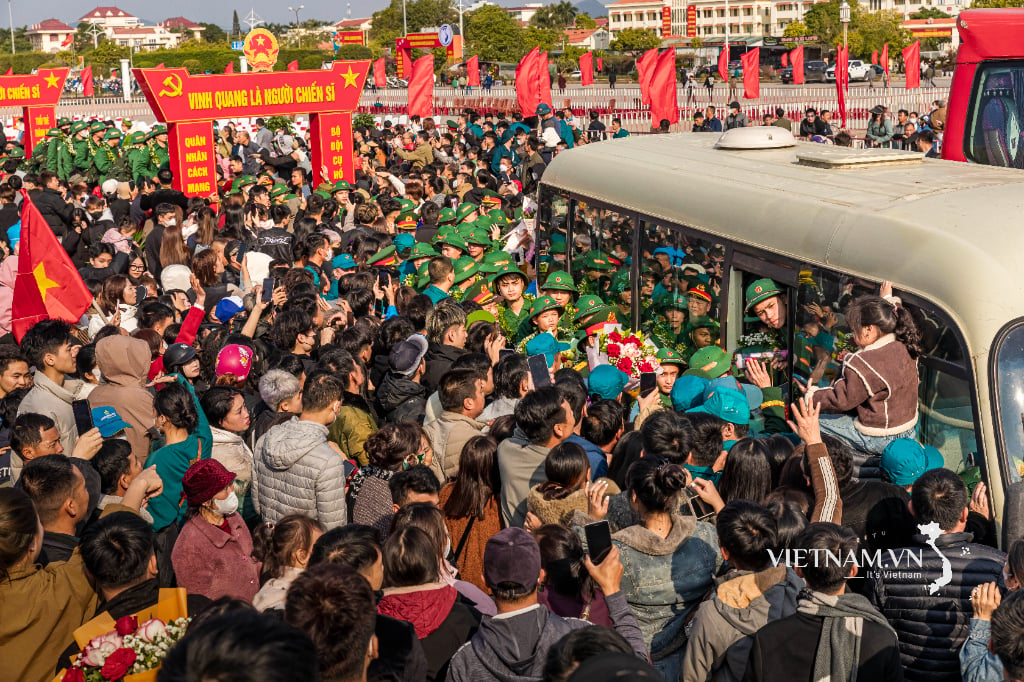
Comment (0)